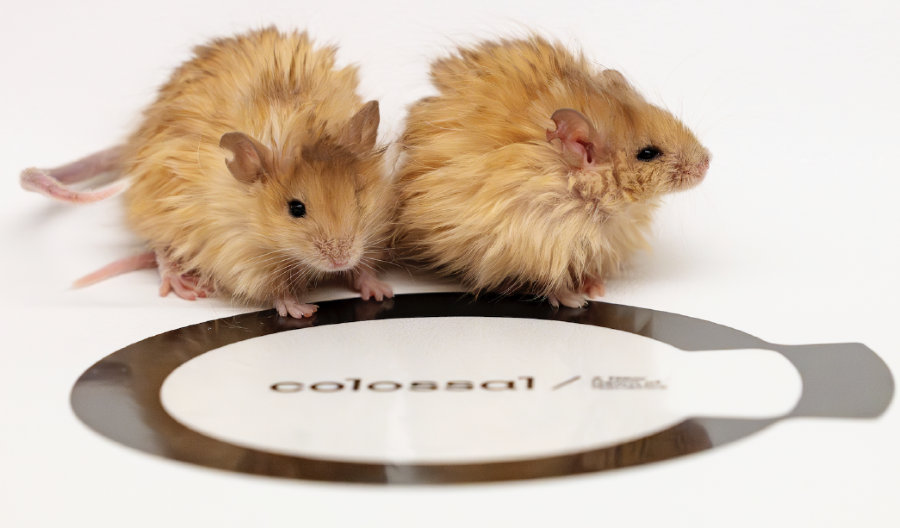Mice with fur reminiscent of extinct woolly mammoth created
Colossal Biosciences has announced the creation of genetically modified mice with characteristics reminiscent of the fur of extinct mammoths, such as fur colour, texture and thickness. The non-peer-reviewed results were shared today in the BioRXiv prepublication repository.









